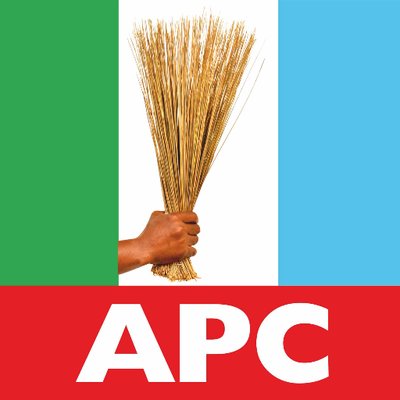Paragraph 1: Political Maneuvering Ahead of 2027 Elections
The Nigerian political landscape is buzzing with activity as the ruling All Progressives Congress (APC) intensifies its courtship of opposition governors in preparation for the 2027 presidential elections. These cross-party negotiations have sparked anxiety within the opposition ranks, particularly in the camps of prominent figures like former Vice President Atiku Abubakar and Labour Party’s Peter Obi. The APC’s strategy reportedly involves enticing opposition governors with lucrative offers, including ministerial positions, guaranteed return tickets, influence over successor selection, and National Assembly nominations. This aggressive approach reflects the APC’s determination to consolidate its power and secure a strong footing for the upcoming elections.
Paragraph 2: Opposition Accusations and APC Rebuttals
The opposition parties, including the Peoples Democratic Party (PDP) and the New Nigeria Peoples Party (NNPP), have accused the APC of using state power to pressure their members into defecting. PDP spokesperson Debo Ologunagba and NNPP’s Ladipo Johnson have both claimed their members are being coerced to switch allegiances. However, the APC has vehemently denied these allegations, with National Secretary Ajibola Basiru and Publicity Director Bala Ibrahim asserting that individuals are joining the ruling party willingly, drawn by its achievements and open-door policy. This exchange of accusations highlights the growing tension and mistrust between the ruling party and the opposition as the 2027 elections draw nearer.
Paragraph 3: High-Profile Defections and Endorsements
Several high-profile defections have already taken place, underscoring the impact of the APC’s overtures. Delta State Governor Sheriff Oborevwori and his predecessor, Ifeanyi Okowa, have officially joined the APC, along with other elected officials from the state. Akwa Ibom Governor Umo Eno has also hinted at a potential defection after endorsing President Tinubu for a second term. These defections, coupled with Anambra State Governor Charles Soludo’s public endorsement of Tinubu’s re-election bid, represent significant gains for the APC and weaken the opposition’s foothold in key states. Further reports suggest that other prominent opposition figures may also be quietly supporting Tinubu’s 2027 ambition.
Paragraph 4: Atiku’s Call for Opposition Unity and Criticism of Tinubu
Former Vice President Atiku Abubakar has emerged as a vocal critic of the APC’s tactics and the wave of defections. He has warned opposition leaders against supporting Tinubu’s re-election, arguing that it amounts to endorsing failure and perpetuating the policies that have impoverished Nigerians. Atiku has highlighted the nation’s challenges, including soaring food inflation, widespread poverty, and rampant insecurity, attributing these issues to the APC’s leadership. He has called for a united opposition front to challenge Tinubu and reclaim the country, emphasizing the importance of holding the current administration accountable for its perceived failures.
Paragraph 5: Legislative Impact and Motivations for Defection
The wave of defections has extended to the National Assembly, with several lawmakers switching their allegiance to the APC. This shift has further solidified the ruling party’s influence within the legislature, bolstering its control over both the Senate and the House of Representatives. The motivations behind these defections appear complex, with multiple sources suggesting that promises of political appointments, re-election prospects, and other advantages have played a significant role. This dynamic raises concerns about the potential erosion of democratic principles and the influence of personal gain over political convictions.
Paragraph 6: Implications for 2027 Elections and Beyond
As negotiations continue, the political landscape is likely to remain fluid, with the possibility of further defections and realignments. The APC’s aggressive pursuit of opposition figures signals its determination to maintain its grip on power, while Atiku’s call for opposition unity underscores the potential for a formidable challenge in 2027. The outcome of these power plays will have far-reaching consequences for Nigeria’s political future, shaping the direction of the country and the balance of power between the ruling party and the opposition. The ongoing political maneuvering also raises crucial questions about the strength of party loyalty, the role of ideology in Nigerian politics, and the potential impact of these shifts on democratic processes.














